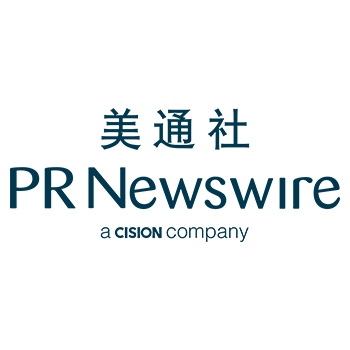Nivea’s Ad Gaffe: Lessons in Crisis Management
Ads that play on women’s fears have long had their place in advertising history, and while we think the era of ridiculously sexist vintage ads are over, sometimes they reincarnate in “subtler” forms such as in NIVEA Singapore’s deodorant ad where the video showed a woman facing disapproval by members of the public because of her darker arm pits, and positioned Nivea’s deodorant as the solution to this “social stigma”. This video was pulled after a few days facing outrage from AWARE Singapore and netizens. For marketers, there are two lessons to be learned in this case: 1) how to deal with the responses and protect your brand, and 2) how to avoid future offensive ads.
Be Authentic and Engage in the Discussion
What Nivea did in this instance was to delete the ad from its Facebook page and issue this statement:
However, this may not have been the best way to manage this crisis. In fact, as some industry players say in this blog post, it may have further worsened people’s response to it.
The key to managing backlash from an offensive ad is to listen to why people are angry about the ad and then respond to the community. Don’t just take down the ad, issue a bland and standard apology, lay low and hope it dies down. Sure, people might stop talking about it within a week, but that negative impression of your brand remains.
Think of it in this way: if a friend offends you with a sexist or racist comment, and responds to your hurt and anger by simply saying, “I take it back, pretend I never said it. Sorry”, and disappears for a week, how would you feel? A true authentic apology would be more along the lines of, “I’m very sorry I offended you. Let’s discuss what was wrong with my message, what I can do to make you feel better, and how I can do better in the future so we can stay friends.” As Don Anderson of We Are Social says in the aforementioned blog post, “Acknowledgement is key to reinforcing that the brand is actually listening to the audience, truly grasps the sensitivities of the situation and the significance of the comments yielded.”
However, brands must also act fast, and take charge before the crisis takes controls the situation, especially in the age of the Internet where word spreads and posts go viral within 24 hours. Luckily, there are online tools that streamline the process, such as PR Newswire’s media monitoring services in Asia and its Agility services. Time is of the essence.
Learn from past mistakes and move forward
Monitoring and engaging with your audiences may give your brand further insights into what people do and don’t respond to, which are both equally as valuable in planning out future campaigns and brand messages. The silver lining here is the discussion generated that would not have occurred otherwise. Keeping track of current popular trends and social sentiments may have prevented gaffes such as NIVEA’s video, for example being aware of the mainstream popularization of third-wave feminism that is all about positive body image and not body shaming, such as in Beyoncé’s songs.

Speaking not from a non-marketer’s perspective but as a consumer, ads such as NIVEA Singapore’s deodorant video serve to remind future marketers what is no longer an acceptable way to speak to consumers anymore. Let’s use this dialogue to prevent any backslides into an era where this particular deodorant ad was perfectly okay.
Celine Wu is the Audience Development Executive for PR Newswire.


